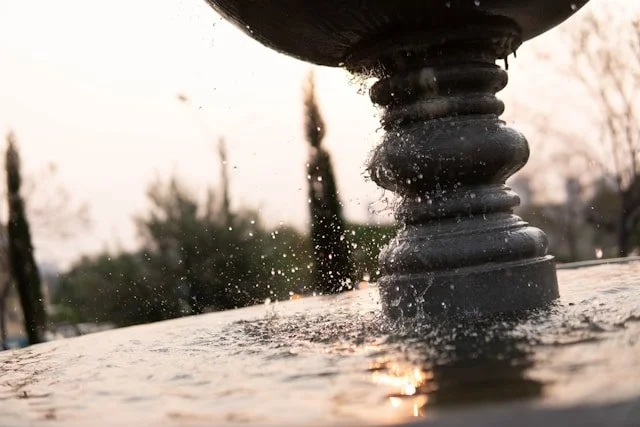1. Little Known Facts About the Last Supper: Today we celebrate Maundy Thursday, the day before Jesus was crucified and Jesus celebrated the Last Supper with his disciples and washed their feet. Julia Blum considers some surprising truths about that night. She shares, “A man carrying a water jar could only have been an Essene. From Jesus’ words, his disciples understood they had to enter Jerusalem through the Essene’s gate. Since Essenes used a different calendar, their guest rooms were still available. That’s why the Teacher knew that a room would be available for the Last Supper.”
2. Why Were there Three Crosses? Andree Seu Peterson reflects, “This eternally ordained encounter of three men on crosses on a skull-shaped hill in Jerusalem, was it not for a testimony—for the sakes of all the men and women who will ever live, who have wrecked their lives beyond all human help? Eleventh-hour rescues, these, who when all hope was lost, yet asked of Christ, and were received, just for the asking.”
3. COVID-19 and the Top 15 Causes of Death in the US: Sobering infographic that captures the spread of COVID-19 in the US.
4. What Everyone’s Getting Wrong About the Toilet Paper Shortage: Will Oremus says there is a different explanation than hoarding for the toilet paper shortage. “Story after story explains the toilet paper outages as a sort of fluke of consumer irrationality. Unlike hand sanitizer, N95 masks, or hospital ventilators, they note, toilet paper serves no special function in a pandemic. Toilet paper manufacturers are cranking out the same supply as always. And it’s not like people are using the bathroom more often, right?”
5. My Journey Through Doubt: On Easter we celebrate a man coming back to life. We shouldn’t pretend Christianity is easy to believe. My childhood pastor, Roger Barrier reflects on his journey through doubt. He concludes, “I wish I just believed and never entertained misgivings. I wish I were more like my wife, Julie. Unfortunately, I traveled a different path; but, fortunately with similar results. My protracted, intense struggles produced a strong faith. Simple, unwavering childlike faith is lovely to behold. But, so is complex, hard-earned, mature faith that takes years to formulate and resolve.”














